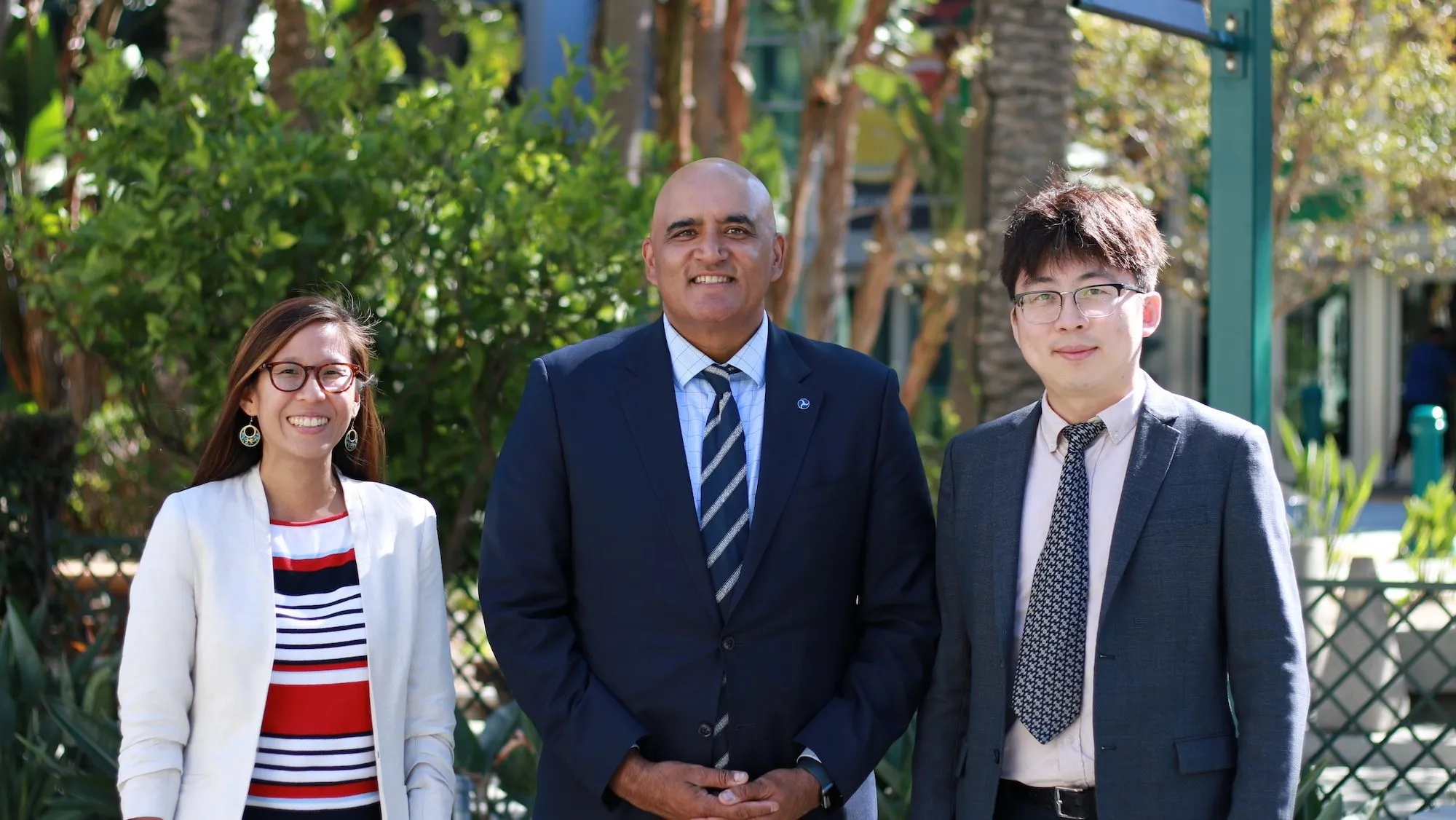A new autonomous vehicle (AV) demonstration zone has launched to allow researchers to hone the technology and test AVs in a range of everyday, real-life traffic scenarios in Ontario, Canada. Called the Autonomous Vehicle Innovation Network (AVIN), the Canadian government has invested $80 million (£61 million) over a five-year period in support of the project.
November 10, 2017
Read time: 2 mins
A new autonomous vehicle (AV) demonstration zone has launched to allow researchers to hone the technology and test AVs in a range of everyday, real-life traffic scenarios in Ontario, Canada. Called the Autonomous Vehicle Innovation Network (AVIN), the Canadian government has invested $80 million (£61 million) over a five-year period in support of the project.
Premier Kathleen Wynne officially opened the AVIN Demonstration Zone, to see first-hand how the space will help researchers continue to improve the technology. The province is partnering with Ontario Centres of Excellence in AVIN, which will bring together industry and academia to capitalize on the economic opportunities of connected and autonomous vehicles (C/AVs) while developing the emerging technology and infrastructure.
In addition to the Demonstration Zone, AVIN includes a Research and Development Partnership Fund, to foster collaboration among automakers, technology leaders and Ontario-based small and medium-sized enterprises to develop and commercialize C/AV technologies. Collaborations may also involve post-secondary institutions and municipalities. A Talent Development Program will help support internships and fellowships for students and recent graduates with Ontario companies advancing C/AV technologies. Additionally, a central hub (a new online destination) and specialized team will act as a focal point to conduct research, share information, build connections and raise awareness among industry, research institutions and other interested C/AV stakeholders.
Steven Del Duca, minister of transportation, said: “Connected and automated vehicle technologies demonstrate opportunities to enhance road safety and reduce traffic congestion and pollution. Ontario’s comprehensive approach, encompassing smart regulation and strengthening our innovation ecosystem, is ensuring the province proactively shapes and promotes emerging vehicle and transportation technologies to help meet our goals. AVIN is a significant step forward to ensure the investments and planning we are making in building Ontario’s transportation infrastructure network now meets the demands of the future.”
Premier Kathleen Wynne officially opened the AVIN Demonstration Zone, to see first-hand how the space will help researchers continue to improve the technology. The province is partnering with Ontario Centres of Excellence in AVIN, which will bring together industry and academia to capitalize on the economic opportunities of connected and autonomous vehicles (C/AVs) while developing the emerging technology and infrastructure.
In addition to the Demonstration Zone, AVIN includes a Research and Development Partnership Fund, to foster collaboration among automakers, technology leaders and Ontario-based small and medium-sized enterprises to develop and commercialize C/AV technologies. Collaborations may also involve post-secondary institutions and municipalities. A Talent Development Program will help support internships and fellowships for students and recent graduates with Ontario companies advancing C/AV technologies. Additionally, a central hub (a new online destination) and specialized team will act as a focal point to conduct research, share information, build connections and raise awareness among industry, research institutions and other interested C/AV stakeholders.
Steven Del Duca, minister of transportation, said: “Connected and automated vehicle technologies demonstrate opportunities to enhance road safety and reduce traffic congestion and pollution. Ontario’s comprehensive approach, encompassing smart regulation and strengthening our innovation ecosystem, is ensuring the province proactively shapes and promotes emerging vehicle and transportation technologies to help meet our goals. AVIN is a significant step forward to ensure the investments and planning we are making in building Ontario’s transportation infrastructure network now meets the demands of the future.”








